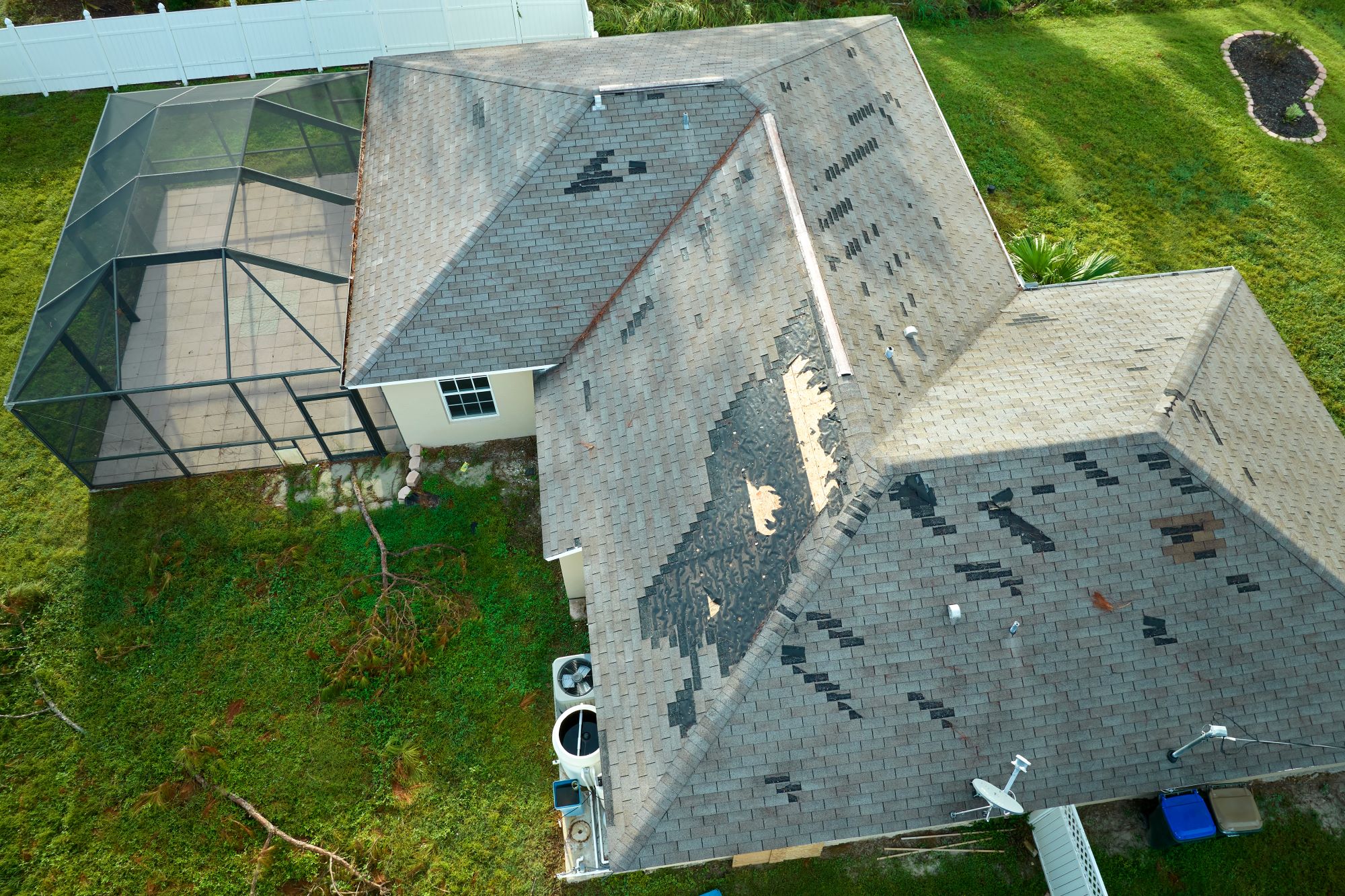The process of replacing a roof is influenced by a myriad of factors, among which weather stands out as one of the most critical. The conditions under which a roof replacement project is undertaken can significantly impact the timeline, quality, and even the safety of the work being performed. This comprehensive exploration delves into the multifaceted ways in which weather can affect the roof replacement process, highlighting the importance of engaging local roofers, searching for “roof replacement near me” for proximity benefits, and the indispensable role of a professional roofing contractor in navigating these challenges.
Weather’s Impact on Planning and Scheduling
Weather conditions are a primary consideration in the planning and scheduling phase of a roof replacement. Local roofers, with their intimate knowledge of regional weather patterns, are invaluable in advising on the optimal timing for such a project. For instance, in areas prone to heavy rainfalls or snow, scheduling a replacement during drier seasons minimizes the risk of delays and complications. Conversely, in regions with extreme heat, avoiding the hottest months is crucial to ensure the safety of the crew and the effectiveness of the installation. This intricate dance with the weather underscores the importance of choosing a roofing contractor who is adept at planning around these environmental factors.
Material Selection and Adaptation
The choice of roofing materials is also influenced by local weather conditions. Materials that are ideal in one climate may be unsuitable in another. For example, metal roofing, which excels at shedding snow, might be preferred in colder regions, while tile roofs, known for their durability and heat resistance, are popular in warmer climates. A knowledgeable roofing contractor can guide homeowners through the selection process, ensuring that the materials chosen not only meet their aesthetic and budgetary needs but are also suited to withstand the local weather conditions. This expertise ensures that the roof will be equipped to offer long-term protection against the specific challenges posed by the area’s climate.
The Direct Effects of Weather on Installation
The weather conditions at the time of installation have direct implications for the safety of the workers, the pace of the project, and the quality of the finished roof. Ideal roofing conditions typically include a clear day with moderate temperatures; however, these conditions are not always available. High winds can pose significant risks, making it dangerous to work at height, while rain can halt work altogether, exposing the home to potential water damage. Extreme temperatures, be it hot or cold, not only affect the comfort and safety of the installation crew but can also impact the performance of materials. Local roofers, with their experience in working within the area’s specific weather constraints, are skilled at mitigating these impacts, ensuring that the project remains on track and is completed to a high standard.
Weather-Related Delays and Their Management
Despite the best-laid plans, weather can introduce unexpected delays into the roof replacement process. A sudden storm or an unseasonably cold snap can pause work, extending the project timeline. The expertise of a seasoned roofing contractor comes into play here, as they manage these delays, ensuring the site is secured and materials are protected against the elements. Effective communication is also crucial during these times, as the contractor keeps the homeowner informed of the situation, adjusting expectations and planning for the resumption of work as soon as conditions permit.
Post-Installation Weather Considerations
The weather’s influence extends beyond the completion of the installation. New roofs, especially, need to be monitored through their first few seasons to ensure they withstand the local weather conditions as expected. Issues such as improper installation or material failure are more likely to be revealed during extreme weather events following the replacement. A reliable roofing contractor will offer follow-up services to address any issues that arise, ensuring the longevity and performance of the new roof.
The Value of Local Expertise
The complex relationship between weather and the roof replacement process highlights the value of engaging local roofers. These professionals bring not only their technical expertise but also a deep understanding of the local climate and weather patterns. For homeowners, finding a “roof replacement near me” means working with someone who can accurately predict and plan for the local weather’s impact on the project. Local roofers are better equipped to schedule work during the most opportune times, select materials that are suited to the local climate, and quickly adapt to unexpected weather changes, ensuring the project’s success.
Conclusion
The interplay between weather and the roof replacement process is intricate and influential, affecting every stage of the project from planning and material selection to installation and beyond. The challenges posed by weather variability make it clear that engaging local roofers and a knowledgeable roofing contractor is not just beneficial but essential. These professionals offer the expertise and adaptability needed to navigate the complexities of weather, ensuring that the roof replacement process is conducted safely, efficiently, and with the highest quality outcome. By understanding and respecting the power of weather, homeowners can better prepare for and navigate the journey of replacing their roof, securing their home’s protection for years to come.
- Roofing Company Denver CO
- Roofing Company Fort Collins CO
- Roof Installation Denver CO
- Roof Installation Fort Collins CO
- Roof Repair Denver CO
- Metal Roof Installation Denver CO
- Metal Roof Repair Denver CO
- Flat Roof Installation Denver CO
- Flat Roof Repair Denver CO
- Tile Roof Installation Denver CO
- Tile Roof Repair Denver CO
- Commercial Roofing Denver CO
- Roofing Company Littleton CO
- Roofing Company Colorado Springs CO
- Roofing Company Boulder CO
- Roofing Company Arvada CO
- Roof Installation Littleton CO
- Roof Installation Colorado Springs CO
- Roof Installation Boulder CO
- Roof Installation Arvada CO
- Roof Repair Fort Collins CO
- Roof Repair Littleton CO
- Roof Repair Colorado Springs CO
- Roof Repair Boulder CO
- Roof Repair Arvada CO
- Commercial Roofing Fort Collins CO
- Commercial Roofing Colorado Springs CO
- Commercial Roofing Boulder CO
- Roofing Company Longmont CO
- Roof Installation Longmont CO
- Roof Repair Longmont CO
- Metal Roof Installation Longmont CO
- Flat Roof Installation Longmont CO
- Home Remodeling Longmont CO
- Commercial Roofing Longmont CO
- Commercial Roof Replacement Denver CO
- Commercial Roof Replacement Longmont CO
- Commercial Roof Installation Denver CO
- Commercial Roof Installation Longmont CO
- Commercial Roof Company Denver CO
- Commercial Roof Company Longmont CO
- Commercial Roof Contractor Denver CO
- Commercial Roof Contractor Longmont CO
- Window Installation Denver CO
- Window Installation Longmont CO
- Window Contractor Denver CO
- Window Contractor Longmont CO
- Window Replacement Denver CO
- Window Replacement Longmont CO
- Window Installation Company Denver CO
- Window Installation Company Longmont CO

